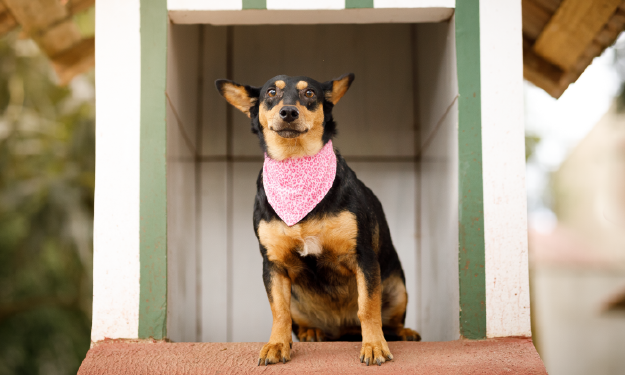Breast Cancer Awareness Month: Mammary Tumors in Dogs & Cats

October is upon us, and so is Breast Cancer Awareness Month. Did you know that mammary cancer is rated the third most common cancer in cats? It also accounts for 42% of all diagnosed tumors in female dogs, with a lifetime risk of 23-34%.
What Causes Mammary Cancer and is it Preventable?
Spay status, obesity, and breed have all been found to be risk factors for dogs & cats developing mammary cancer.
Early detection, maintaining your pet at a healthy weight, and spaying early can significantly decrease the risk of terminal mammary cancer in dogs and cats.
not spaying your dog increases her risk of mammary cancer
The risk of your unspayed (intact) female dog developing a mammary tumor increases with each heat cycle:
- Before her first heat cycle: 0.5% chance
- After her first heat cycle: 8% chance
- After her second heat cycle: 26% chance
Diagnosis & Prognosis
At diagnosis, 50% of canine mammary tumors are malignant. This number is significantly higher in cats, with approximately 85% of feline mammary tumors confirmed malignant. Malignancy can only be determined with a tissue biopsy; needle aspirates cannot reliably distinguish between malignant and benign mammary tumors.
Once diagnosed, there are several prognostic factors that can affect their outcome. The size of the tumor, whether or not it has metastasized (spread), and the grade of the tumor (determined after biopsy) all have been associated with prognosis. Because of these factors, early detection is incredibly important. Mammary tumors can range from small firm nodules under the skin to large, fixed, ulcerated, inflamed and painful mammary masses.
If any of these findings are appreciated, getting in contact with a veterinarian near you for further diagnostics (ie. imaging, biopsies, & bloodwork) will help to diagnose your pet.
Read and learn more about mammary carcinoma in dogs with our blog article.